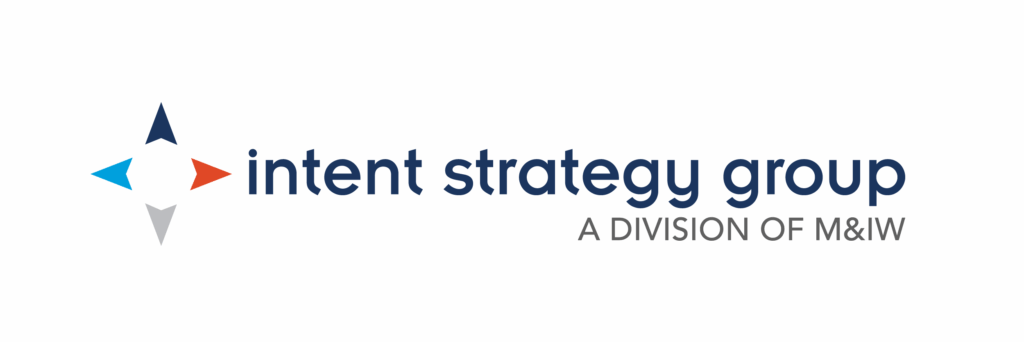Continuing the Conversation Around Human Trafficking Prevention
In January, in honor of National Human Trafficking Prevention Month in the US, we shared ways for meeting professionals to join the fight against human trafficking. While a dedicated month to raise awareness is an important step, it’s equally important to continue the conversation year-round. Meetings and events professionals are in particularly effective positions to act because the places we work and operate—airports, hotels, etc.—are common locations for recruitment to occur or for trafficked victims to pass through.
To get a better understanding of the importance of human trafficking prevention education for events and hospitality professionals, we talked with Dawn Jones, retired Lieutenant of Police with the Milwaukee Police Department. Dawn was a federally deputized task force officer for the Eastern District of Wisconsin Human Trafficking Task Force for over nine years and now conducts presentations around the world promoting a person-centered, trauma-informed approach. Her edited responses are below.
Dawn also presented at the 2022 MPI Great Lakes Education Summit on Human Trafficking and the Intersection of the Hospitality Industry. She kindly agreed to share her presentation deck with our audience.
Why is it important to raise awareness around human trafficking not just in January but throughout the year?
“It is great that we bring awareness to anti-human trafficking efforts in January, but human trafficking continues to occur every day of the year. This means all individuals—including but not limited to children and adults of all sexual orientations, religious beliefs, economic status, cultures, and ethnicities—are exploited by sex and labor traffickers in our country and others. Traffickers work well together to make money and go undetected. We need to work well together to stop them so that all people have the opportunity to become the amazing individuals they were made to become.”
Why is it important for the event and hospitality industries in particular to know the signs of human trafficking and how to stop or report it?
“Traffickers utilize events and hospitality industries to control, harbor, and exploit children and adults. It is important to know how to properly identify human trafficking so that it is addressed properly for everyone involved. Traffickers often believe they are untouchable, and no one cares about the individuals being exploited. These individuals often believe this as well. Collaboration can send a message to traffickers that it is not acceptable and that we care. It also sends a message to those that have lost hope that we care about them and are here to stop human trafficking. This can be done just with a simple smile.”
If you could give one piece of advice to event and hospitality professionals regarding human trafficking prevention, what would it be?
“Educate yourself and your staff regarding the tactics used to exploit people and prepare for a safe course of action for you and the individuals being exploited. You do not want to confront the traffickers, but you can build relationships with resources in your community that can assist individuals when they are able to leave the environment they are in. This includes law enforcement, shelters, counselors, and agencies that can assist with food and clothing.”
Anything else you’d like to share?
“I have learned more from the exploited youth in my cases of human trafficking than I have from any teacher or any book. I have seen individuals who were sexually, physically, and mentally abused. Many of these individuals have survived lives that most of us cannot even imagine. When we think about the things in life that we are upset about or frustrated with, it pales in comparison to what most of these individuals have gone through.
I asked one child trafficking survivor what she wanted to be when she was old like me. The first thing she said was, ‘I don’t know. No one has ever asked me that.’ Then she told me that she wanted to be a nurse because when her nose was running, the nurse wiped it for her. She was handcuffed at the time and couldn’t wipe her nose herself. It was such a small gesture from the nurse, but it made her feel like ‘Someone.’ She said she wanted to be a nurse so she could help someone else someday. Many of the trafficking survivors that I encountered expressed that they wanted to help others, and I’m guessing it had a great deal to do with their experiences. They have been used, lied to, and treated like nothing and no one by their traffickers. In those moments, they wished someone would show them kindness and make them feel like ‘Someone.’
To all the trafficking survivors out there: Thank you for your strength and patience. We believe in you, and we are here when you are able. You are amazing, and you are already ‘Someone.’”
Join the Fight Against Human Trafficking
Report any suspicious activity to the National Human Trafficking Hotline at (888) 373-7888. You can also text the hotline at 233733. This hotline is available 24/7 and accepts reports of situations both within the US and internationally. If you are travelling outside the US, you can also look up local hotlines or resources for more immediate assistance.
To learn the signs and for more ways to act, click here.
Contributor

Dawn Jones
Retired Lieutenant of Police
Milwaukee Police Department


